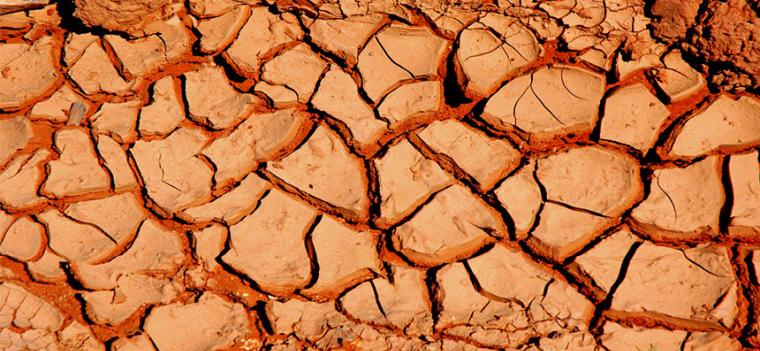News
- ESMAP and the Public – Private Infrastructure Advisory Facility (PPIAF): a partnership to bring clean energy and infrastructure together to help countries transition to a climate-resilient path.
The partnership will focus on renewable energy and energy efficiency work –two of ESMAP’s main areas of expertise- and leverage PPIAF’s cutting edge knowledge on increasing private sector participation in emerging markets and energy infrastructure solutions that can lead to transformational renewable energy deployment and energy efficiency interventions. This will include technical assistance to help scale up renewable energy and energy efficiency investments through public-private partnership (PPP) arrangements.
The signatory ceremony that took place at the World Bank on May 16, 2017 was attended by World Bank, the NDC Partnership, ESMAP and PPIAF senior management who expressed their excitement for the collaboration.
“We are delighted to work with our colleagues in PPIAF on this effort. Combining our knowledge and reach will allow us to enhance efforts to address policy and financial gaps for renewable energy and energy efficiency,” says Rohit Khanna, ESMAP Program Manager.
ESMAP is at the forefront of the transition towards cleaner, cheaper, diverse and more reliable sources of energy. ESMAP’s energy efficiency activities focus on cities, where 80% of global GDP is generated, two thirds of global energy consumption are concentrated, and 70% of GHG emissions are generated.
PPIAF has proven track record of support to strengthening enabling environments that facilitate climate-smart infrastructure PPPs, a crucial aspect of the achievement of the climate change goals agreed in Paris in 2016.
“Over the next 15 years, about $90 trillion in climate-smart infrastructure investment is needed to transition the global economy to a low-carbon and climate-resilient growth path. Given the scale of investment, financing and expertise needed, the private sector - in particular through public-private partnerships - will play a key role and aligning PPIAF and ESMAP activities will ensure an even greater impact,” says Francois Bergere, PPIAF Program Manager.
